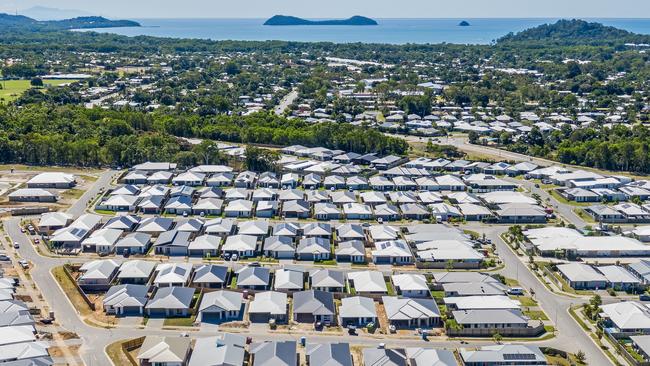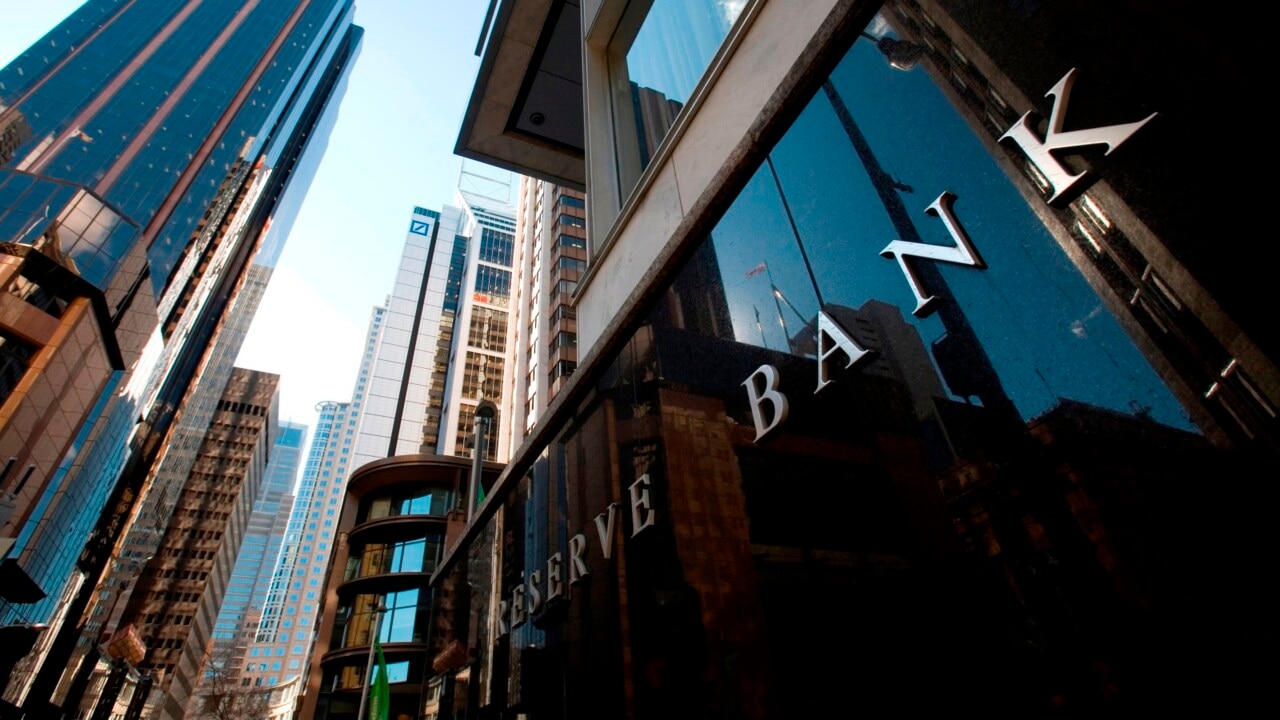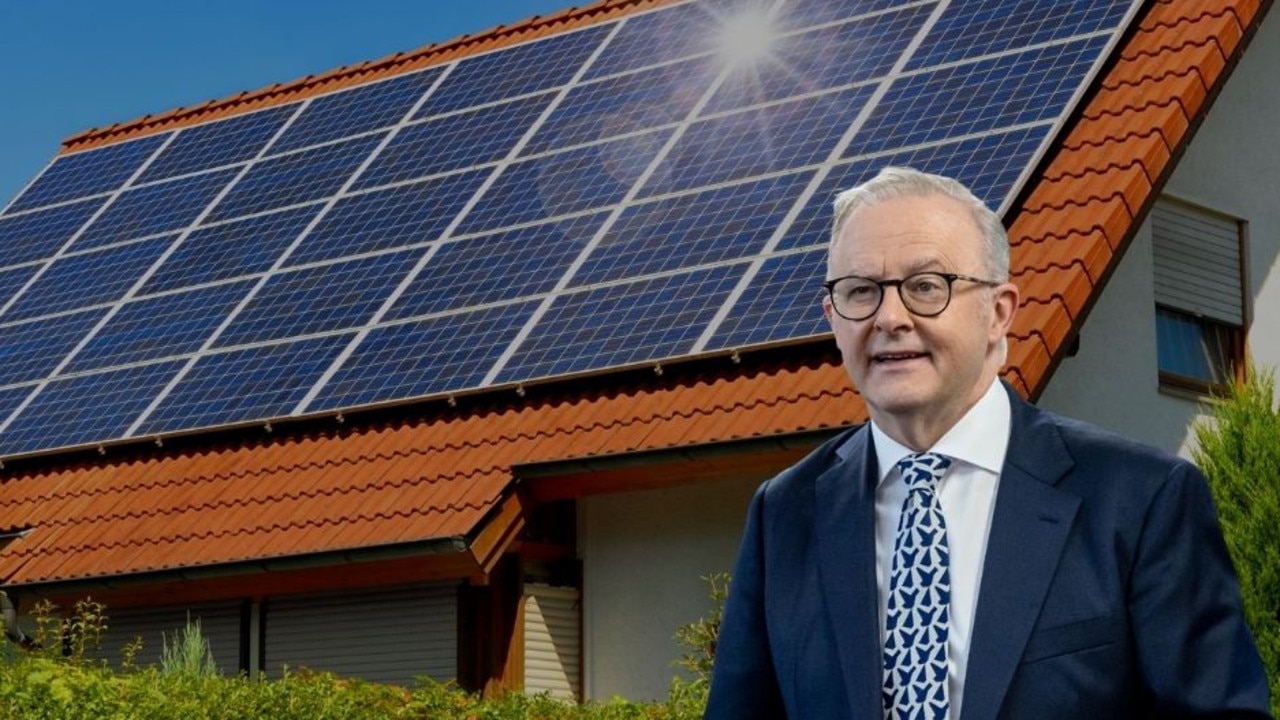
This is the contested political space in which Anthony Albanese and his Treasurer now find themselves as the fog of budget night starts to lift.
It is not the reception the Albanese government was expecting from a budget that sought to win accolades for a cost-of-living package that gave a little to some, and mostly those on some form of welfare.
Instead, the debate in which the government has quickly found itself embroiled is whether middle Australia will be left to carry the can.
The bulk of leading economists – not all – are now in agreement that the Reserve Bank of Australia could be brought back into action as a result, through lifting rates or at least delaying the day when it starts to cut them.
This has become the political measure on which the government will be judged. Will borrowers ultimately have to pay for Labor’s spending through higher interest rates or a longer period of pain?
The Prime Minister and the Treasurer spent Wednesday answering this question, which swamped the sales pitch that Chalmers was hoping for.
Chalmers was adamant that Treasury’s assumption was that the budget as a whole would not add to the inflationary problem, with the energy subsidy in fact acting as an inflationary brake.
While the Albanese government so far has argued successfully that the 11 rate rises of the past 12 months are a result of factors beyond its control – factors that have contributed to the massive revenue windfalls – this won’t last.

Having made the claim that the budget was in fact deflationary, Chalmers now has set a benchmark for success or failure.
And he won’t be able to avoid political ownership of any future rate rises should the central bank take a different view to Treasury.
Economist Chris Richardson points out that Chalmers has been blessed with $275bn in revenue upgrades across the two budgets he has presided over since Labor was elected in May last year.
But this isn’t a result of any decision from any politician, he says. Rather, it has come from a combination of war and inflation.
Richardson’s take is straightforward. The government is pumping more money into an economy that already has an inflation problem. He is unequivocal in his belief that the budget will have an inflationary impact.
Westpac economist Bill Evans says while it may not have an impact in the short term, it will delay the RBA’s decision on when to start cutting rates.
“When we look at the new spending in the budget relative to the 10 years before Covid, it is almost twice as strong as we’ve seen in the past, so people will argue this is a big-spending budget,” he says.
“The RBA won’t be raising rates in anticipation … but it could mean that over the course of that year that the opportunity to cut rates as early as February starts to fade away – that’s the one thing I’m worried about with regard to the budget.
“I read it more as a threat to the timing of the first rate cut.”








Economists are lining up to say the same thing: Jim Chalmers’ budget is big in spending, expansionary by nature and very possibly inflationary.